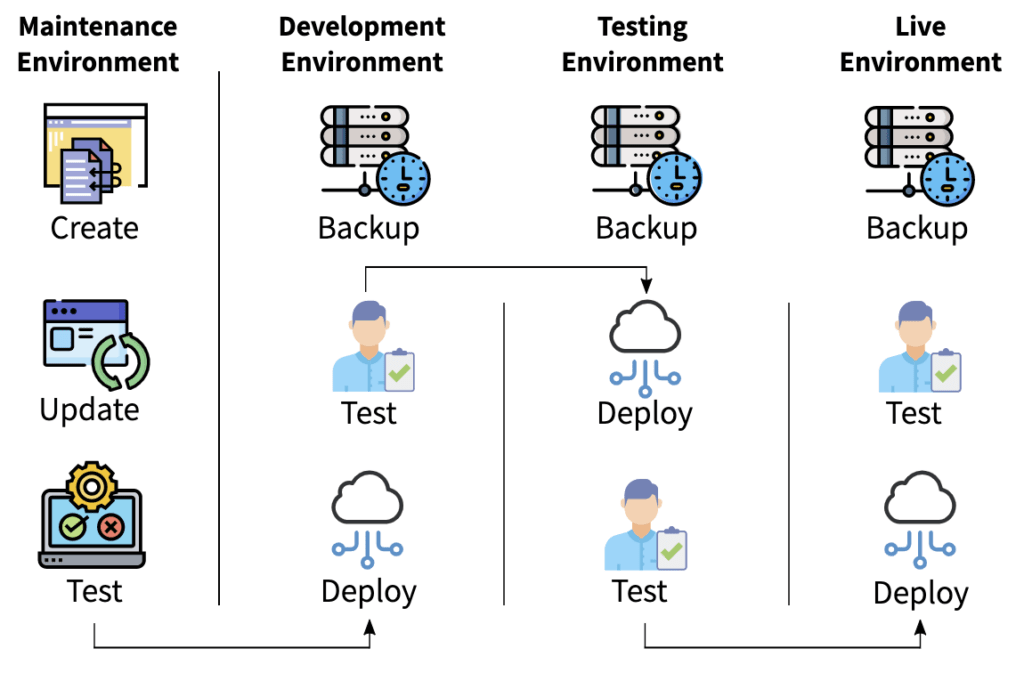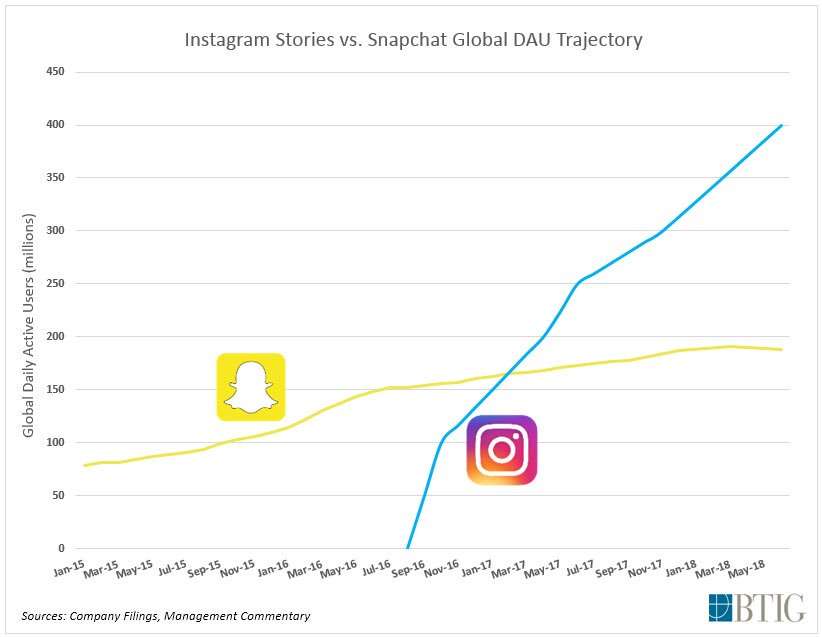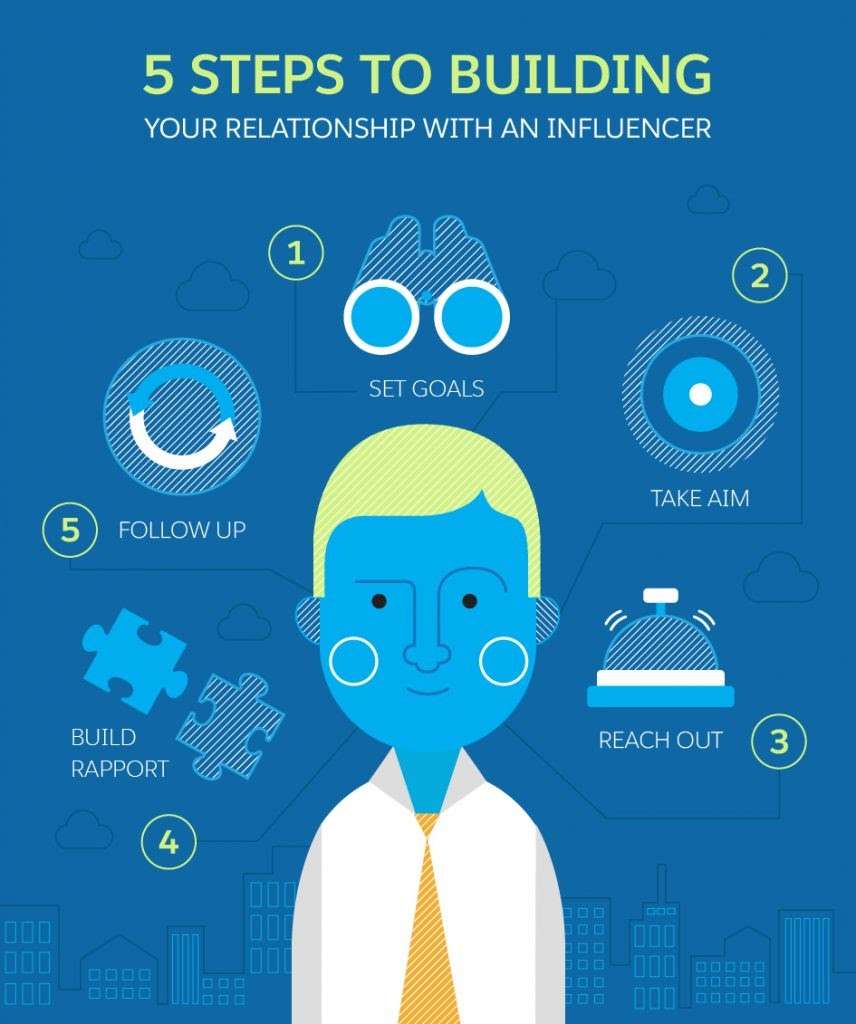Intro to Social Media Monitoring
In real life, you never really know when someone is talking about you behind your back. If someone is spreading horrible rumors- you would want to know. Unfortunately, sometimes you may never find out. In the online world, people are also gathering together in digital communities and talking about a wide range of topics, including you and your business. The great thing about the online world is that when it comes to your business, it’s easy to find out what people are saying, and it’s important to your survival to monitor it.
Online, you have the ability to use social media monitoring to track mentions of your brand, product, competitors, and any other keywords related to your business. However, monitoring your social media channels involves more than just listening. The information you gather while listening can help you make major choices about your marketing plan, the products, and services you offer and help you make conclusions about how people perceive your brand. It can also help you build relationships, identify leads, observe trends, understand your competition, protect your brand’s reputation, and more!
Note: This post outlines monitoring tips for organic social media as opposed to paid social campaigns. The focus of organic social media is more about building brand awareness and connecting with your target audience. The focus of paid social is usually centered around driving specific actions like webinar signups, content downloads, etc. Read on to find out why it’s so important to monitor what people are saying about your business in the online world.
Why Should You Use Social Media Monitoring?
How much do you know about your brand’s reputation? You can learn more about it by reading your reviews and talking with your customers, but you’d still be missing out on important insights from your more informal brand or product mentions. Plus, you need to be there to respond to what your customers are saying. In a recent survey by Sprout Social, they discovered that 89% of social messages are ignored. That’s an issue and a huge missed opportunity. Social media is used for people to discuss topics they are passionate about within their chosen communities. This is where you need to be listening in order to truly understand how people feel about your business, their issues, and about the things they love.
2. To find leads & build relationships
Do you know if people are searching for your products and services? You’ve seen those calls for recommendations on Facebook and requests on Twitter: “I want tacos!” When you monitor your brand’s keywords and phrases, you can seize the opportunity to answer these requests. (Just mention your Taco Tuesday specials.) Engaging with these posts without selling anything can be just as effective. Join the online conversations people are having about your industry.

Gone are the days of clicking “Update” and hoping for the best. Let Webidextrous manage your maintenance. We’ll give you back your time and peace of mind.
3. To stay on top of trends
When you are paying attention to discussions in your niche, you will be able to notice trends as they are evolving and emerging. For instance, when Instagram launched “Stories”, Snapchat growth slowed by 82% and Instagram’s growth exploded. In response to this news, you might alter your marketing strategy and be one of the first to experiment with a new social channel or try a new tactic.

Why does this matter? In an over-saturated market, failing to do something different will get you lost in the crowd. If you find ways to stand out it will help your brand get noticed and stay relevant in your industry.
4. To perform competitor research
If you stay on top of your competition you’ll be aware of when they launch something similar to you at a better price with more benefits. You’ll notice if they launch a marketing strategy that resonates with your customers. Staying aware of your competition will keep you ahead of issues that can affect your business.
5. To protect your brand
It takes a lot of time and effort to build your brand’s reputation, and it only takes seconds to lose. Monitoring your social channels gives you the opportunity to spot issues customers have and come up with solutions before they get out of hand. It’s inevitable for unforeseen things to happen. It’s how you handle the situation and how quickly that matters. If a business handles an issue and resolves it quickly and efficiently, 95% of unsatisfied customers will do business with you again. Listening and identifying issues shows your customers you care. When you resolve their issues they can go from a dissatisfied customer that spreads around negative things about your brand to being a loyal customer that champions your business.
Using Your Social Media Monitoring Insights
So what do you with the information you receive from all the monitoring, tracking, measuring and analysis tools you set up? You decide what actions to take based on the insights you’ve received.
Shift Social Strategy
How effective is your social strategy? Are you getting real traction on your primary social channels? You may find out that it’s time to reconsider the resources and effort you put into specific channels. For instance, you might discover that your customers are very engaged in Quora. Spending more time and resources there might be worth your time, even if it means spending less time and resources on another social channel. Monitoring your competitors could also return interesting observations as well. You might find that a new video tactic that a competitor tried has people in your industry buzzing about them. Don’t let them go unchallenged.
Work on Developing Relationships With Leads & Influencers
Join conversations and authentically help people solve their problems. Using this tactic can be valuable when it comes to gripes people have about your competitor’s products or services. However, you must do this from a genuine place offering tips or advice focused on helping people. People don’t like to be spammed. You should feel empowered to have real conversations with people on the topics that they care about which happen to align with what you care about as a business. In this post by Salesforce, they outline how to spot and reach out to influencers in your industry, which can amplify your brand. People rely on influencers to help them make purchasing decisions often, and if you can build and maintain strong relationships with key influencers you can anticipate better results for much less effort.

Develop New Products/Services
A smart way to refine your solutions and come up with new ones is by listening to your target audience’s needs. If enough customers are saying they dislike a product, or wish they could make changes, it’s worth looking into where the issues lie and try to determine how you could make that product better. This is what Go Pro did when they introduced their new camera, GoPro Hero4 according to Natalia Chrzanowska of Brand24. “We analyzed the social media discussions regarding both releases – Hero3+ and Hero4. The insights gathered during the Hero3+ premiere included lots of suggestions for features that could improve customer experience, which then appeared later on in the succeeding model – GoPro Hero4.”
On the other side of the coin, if your customers are superfans of one of your products, there might be an opportunity to develop similar or complementary products or services. You can use all the amazing feedback as testimonials for new campaigns like ad campaigns, email campaigns, social campaigns, and more!
Update Customer Service Policy/Process
Social media has caused a great shift in how customer service is handled by many businesses. People want answers right away and aren’t likely to put up with call centers. Many will tweet about any problems they have before picking up a phone. A new report from Conversocial states that 54% of customers prefer customer service through social media and SMS. Millennials are amplifying this trend. People use their favorite social media platforms to share their complaints, and you need to be prepared when it happens in your industry. In Hug Your Haters, a book written by author and consultant, Dave Kerpen, he notes that “If a customer calls you on the phone to complain, surely you wouldn’t hang up on them. And not responding in social media is akin to hanging up on them, only worse, because there are actually other people watching and listening.” Letting complaints go unanswered is not acceptable to current and potential customers, so it shouldn’t be acceptable to you!
4 Easy Wins
With all this information, it’s easy to get overwhelmed and avoid testing these strategies on your own. Get started by trying these easy action items:
- Write down your top three goals that you think monitoring your social channels will help you accomplish. (Example: Find out if people are liking the new drink special you just released.)
- Research different social media monitoring tools you can use.
- Enter a few of your brand’s keywords into your monitoring tools and see what comes up.
- Study the initial results. Make a list of three things you learned and decide if you should discuss them with your team.
Final Thoughts
Most businesses know the importance of monitoring their social media mentions related to their industry, brand, products, services, and competitors. You might already be doing this, but do you also have a system in place to analyze, respond, and integrate results into the ongoing strategy of your business? If not, start now so you don’t miss out on any golden opportunities.


0 Comments